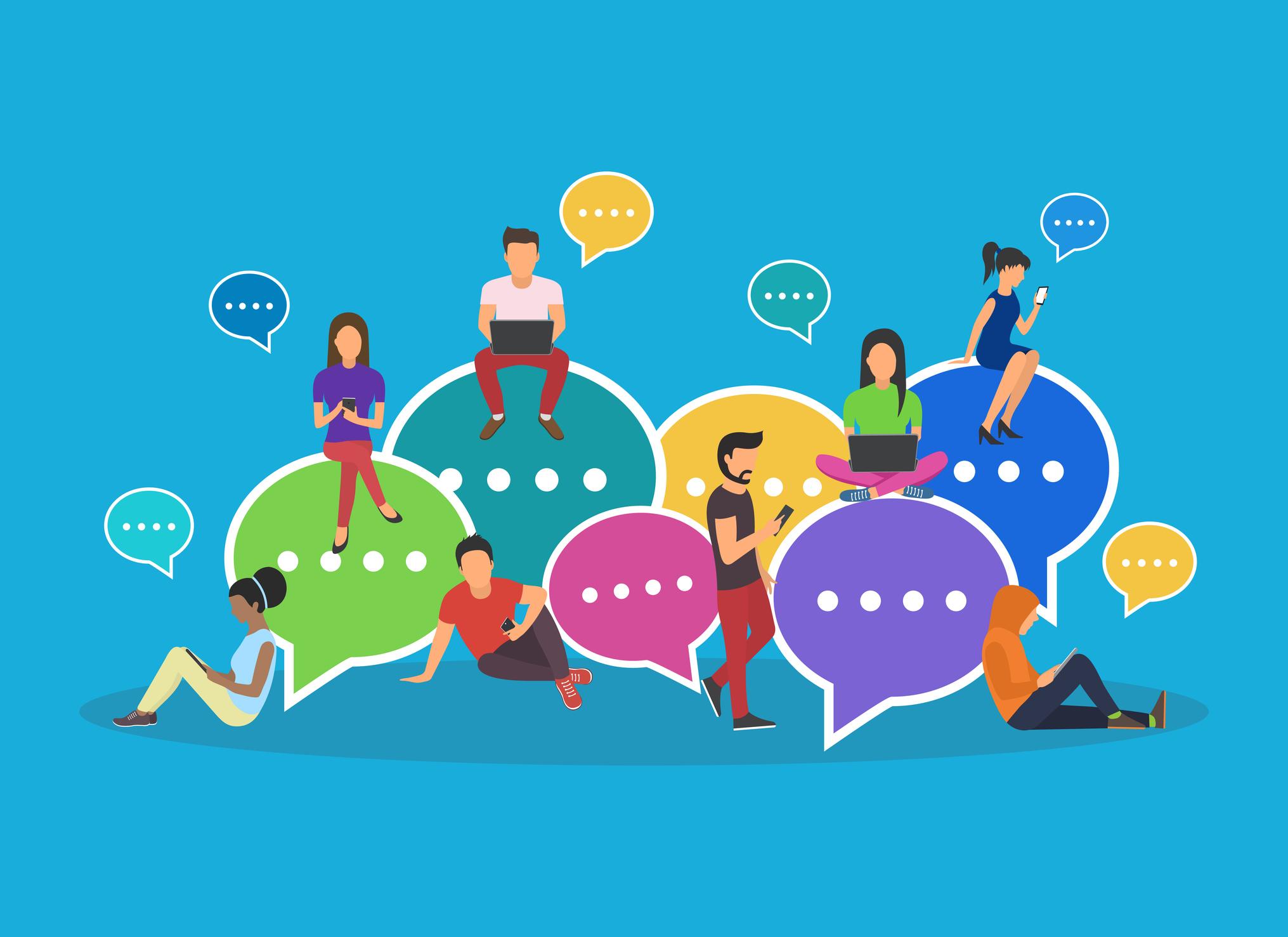Strategies for Success as a Neurodiverse Librarian

Acquiring a disability from brain trauma at 6 years old has led me on a powerful journey that brings me to where I am now, a Librarian at the Denver Public Library, equipped with the ability to conduct more research about this topic. When thinking about disabilities in the workplace, I often think of my own. Every day, I experience how it feels to forget new information easily and consistently have a hard time articulating my thoughts.
Throughout my childhood, going to school and working in the private and public sector as an adult, I struggled immensely with work. I learned to mask my symptoms in fear that someone could tell that something ‘was off’ with me. Masking my disability worked for a while, until employers and co-workers started seeing ‘deficiencies.’ I feared stigmatization, and this caused severe work anxiety.
Then, in 2018, I was led to an evaluation that changed my life. After losing 2 jobs within a year, I knew that something had to be done. I have a daughter to support, and I couldn’t go on knowing that I wouldn’t be able to provide for my family. After some initial research, I was evaluated and discovered that I have an unspecified neuro-cognitive disorder. According to the Neuro-Cognitive Research Institute, a cognitive disorder is a nearly any type of insult (infection, head trauma, etc.) that causes dysfunction in the brain (a neurological disorder) and results in alterations in thinking, emotions, perceptions and/or behavior patterns.
Knowing this information changed my life. I was able to get a better understanding of how I learn personally, and, in the future, how to best advocate for myself and others. I took this as an opportunity to learn more about myself and others who suffer from this. After researching this topic more, I learned that the brain is the single most complex area to study in modern science as it has more than 100 billion neurons (brain cells) of a thousand or so distinct varieties. I also learned that there are 600+ neurocognitive and neurological disorders, some in the form of dementia or stroke.
Since a neuro-cognitive disorder is not seen so easily and requires testing, it’s hard to diagnose and give treatment based on appearance alone. It is often misdiagnosed as well. It’s important to get a full psychological evaluation done by a doctor to get close or accurate results.
In addition to learning this information, I experienced actual stigmatization from co-workers, employers, and the public. How disheartening that was and how embarrassed I felt! While we often discuss accessibility for library patrons with disabilities, we sometimes overlook the needs of staff members with disabilities and the accommodations they may require.
I didn’t want to live in fear of this anymore, so I took charge of myself and my health. You can do the same. I have discovered many strategies that have helped me. I offer them here in the hopes that they may help others cope and be successful in their work/personal life:
- Writing most important things down with a pen and paper, especially schedules and important dates.
- Creating a strong daily routine.
- Holding myself in love and trying not to self-stigmatize.
- Having a therapist who understand disabilities and offers neurofeedback as a way to strengthen neurons.
- Having structure throughout the day.
- Practicing what I want to say before I say it.
- Having minimal/no distractions when working on a project or assignment.
- Learning in multi-modules techniques such as visual, auditory, and hands-on.
- Asking myself questions such as ‘how and where’ to get a better understanding of what I am learning and experiencing.
- Marrying concepts, visual pictures, and simple ideas together to remembering and applying information.
- Having a supportive employer.
- Advocating for myself.
- Reflecting at the end of each day.
- Joining support groups such as groups that supports those with a brain injury.
- Exercising daily.
- Eating well balanced meals.
- Having health insurance.
- Getting regular check-ups from doctors offices.
- Most importantly, having patience with myself.
Resources:
https://www.thencri.org/education-resources/neurocognitive-disorder/
Tags: neurodiverselibrarian










